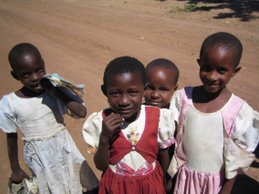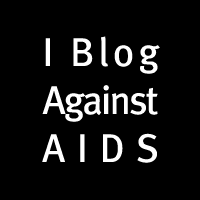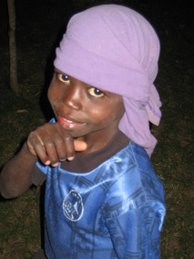ICTR Arusha
Though I've had a lot of fun fitting in as much as possible along the way, the real reason I came back to East Africa is to do some research. I'm looking into the effects of HIV on justice for the Rwandan genocide. While in Rwanda I spoke to people in the International Criminal Tribunal for Rwanda (ICTR) office in Kigali and my last two weeks in Africa I'm working at ICTR Arusha.
The Arusha tribunal is where the trials for the high level instigators of the genocide are taking place. "Lower" level criminals are being tried in Rwandan Gacaca courts in a more traditional way. Being here is pretty awful. On Wednesday and Thursday I watched the former prime minister Kambanda testify. He's already been convicted and sentenced to life imprisonment but was a witness in another trial. Watching the clips of him inciting slaughter and then seeing him be as obstructive as possible (when he has nothing left to lose) was sickening.
I had lunch at a place just down the road from the UN buildings and spotted two of the defense attorneys eating. I know there are people tried for crimes they didn't commit and need (and deserve) a good defense, but the question that kept going through my head was, how do you defend someone that commits (and incites others to commit) genocide? I know someone has to do it, but how the hell do you live with yourself after getting someone off the hook for such crimes?
As for the research, it's coming along. I've had some good interviews with key people, and the answer is essentially: HIV is hugely affecting the outcome of the trials. According to the chief prosecutor, usually 1/2 the witnesses have died or are too sick to testify by the time cases go to trial. The genocide will continue until all the people (mostly women) that were infected with HIV as a result of the genocide have died. And all their partners who were subsequently infected have died. And all their children who were born HIV positive have died.








No comments:
Post a Comment